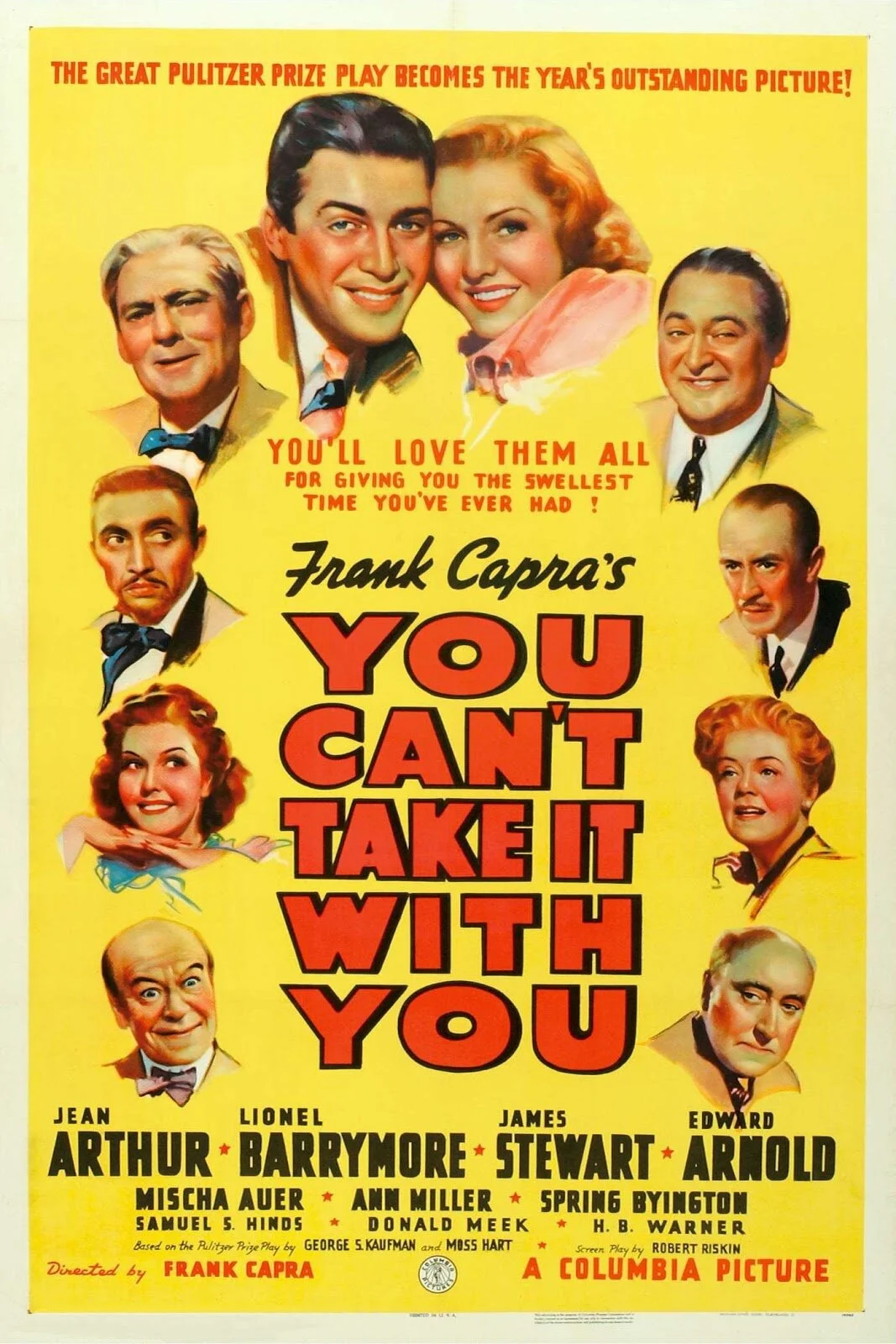The Life of Emile Zola (1937)
Written by Heinz Herald, Geza Herczeg, & Norman Reilly Raine
Directed by William Dieterle
This film officially places us at about 1/9 completion of this marathon. However, we’re still early enough on the list that almost each film brings us some sort of “first”, at least in regards to Best Picture winners. The Life of Emile Zola brings us another, the first “courtroom drama”, although I think classifying the film as such is, in some ways (or many), a bit of a stretch.
Before we get into the film proper, I want to take some time to compare the change in the medium, ten years on from the start of the list. This is something I imagine I will continue to do at every tenth film, as these seem like good benchmarks to step back and look at progress at a more macro level.
Obviously, the biggest change is the advent of sound. Synchronized sound on film changed Hollywood forever, and it’s been pretty evident through these first ten films. The Academy of Motion Pictures Arts and Sciences was formed, and the awards created, just at the cusp of the explosion of the “talkies”, so this list doesn’t show the baby steps of the medium, as filmmakers had to invent the cinematic language to tell their stories. By the time of Wings in 1927, pictures were big and bold, hampered only by not having synchronized sound or color. With the onset of sound, motion pictures seemed to regress, as evidenced by the atrocious (by today’s standards) filmmaking of The Broadway Melody. In a way, this marathon starting when it did has been a blessing, as it truly highlights the progress of visual storytelling, progress that continues today.
The type of stories being told are grander, as well. Wings, while dealing with a war overseas, is fairly centrally confined, in terms of its plot. As the marathon moves on, more intricate plots are laid out, and the intelligence of the audience is trusted more and more.
This brings me back to Zola, a film that, while well-made, doesn’t seem to know what it is. Is it a biopic or a courtroom drama? In a way, it’s both of these, with differing degrees of success.
Paul Muny as a young Emile Zola
The film starts with charting the rise of Émile Zola, a French writer who rises from destitute to wealthy, by writing of truth and justice, much to the spurn of, well, everyone. Just as he reaches the pinnacle of success, the film forgets about him for a very long period of time as it flies full-tilt into the story of French military Captain Alfred Dreyfus, who becomes accused of treason, is convicted, and sent to live in exile for over five years. Zola re-emerges to suddenly champion the exoneration of Dreyfus after it’s revealed that the military knows Dreyfus is innocent, which leads to Zola being tried for libel and this plot is just everywhere.
As a biopic, the film is not great. Zola’s life, which, given by the title of the film we’re watching, should be the main driving force of the film, takes up only the first quarter or so of the film’s runtime. Indeed, the longest period of time we spend on his life is his libel trial, which isn’t really telling the audience anything about his life, especially since he’s silent through 95% of it, and it doesn’t even really focus on him anyway.
Joseph Schildkraut as Dreyfus
However, as a courtroom drama, the film is much more successful. The entire Dreyfus plot, even when Zola is thrown into the mix, is rife with amazing performances (although the ladies here are, again, relegated to semi-hysterical overacting). Of note, Dreyfus’ emotional farewell to his wife before he’s sent to exile and Zola’s impassioned letter to the newspaper detailing the crimes against Dreyfus were both incredibly powerful; Zola’s letter could make a great monologue for an actor.
The courtroom scenes themselves are very effective, with the kangaroo court-like proceedings filled with infuriating roadblocks and setbacks. I wish Zola was a more active participant in the goings-on (as he mostly just sits there with an inscrutable expression), but his inaction also leads to another great speech from him.
Zola (Paul Muny) at work in the courtroom…finally
This obviously leads me to talk about the performances of the two lead actors, Paul Muny (as Zola) and Joseph Schildkraut (as Dreyfus). Both were nominated for their work (Muny for Best Actor (he lost), Schildkraut for Best Supporting Actor (he won)), and both deserved the recognition. Muny plays Zola with such passion for life and truth that his enthusiasm is almost contagious. It’s a credit to Schildkraut’s performance that he won the award while having what amounts to only about 25 minutes of screen time. Where Zola is effervescent, Dreyfus is reserved. His horror at his predicament feels chillingly real, and Zola’s determination is inspiring. It should also be noted that, unusually, these two lead actors never share a single scene together.
It’s been a trend that I have strongly disliked the even-numbered films on this list, but this film comes the closest to breaking that tradition. Both muddled and intriguing, The Life of Emile Zola trips over itself on its way to the finish line, but it crosses it with confidence.
FINAL GRADE: B-






